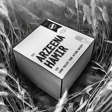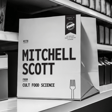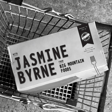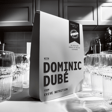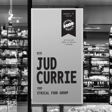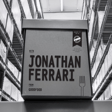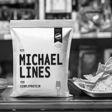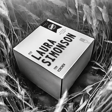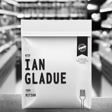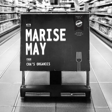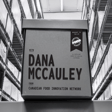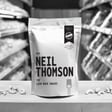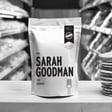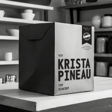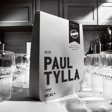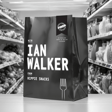
Chris Lerohl | UpRoot Food Collective
In this episode of Aisle 42, we chat with Chris Lerohl from UpRoot Food Collective. We cover a whole ranges of subjects like… his vision for the future of digital and local shopping, food innovation, quality ingredients, story telling, consumer trends, local food making and we talk about yummy dumplings and meat pies too.
To learn more about what Chris and his team are doing go to https://uprootfood.ca or https://honestdumplings.ca or https://southislandpie.ca.
To learn more about Corwin Hiebert and why the Aisle 42 podcast exists visit https://www.ethicalfoodgroup.com.
Here’s a summary of this interview:
Corwin Hiebert and Chris begin the podcast discussing technical setup and acknowledging this as their first podcast episode for Ethical Food Group (EFG). Chris's company is part of the Ethical Food Group family. They discuss the successful collaboration between their teams and the positive results from their collective efforts.
Vision for Future Grocery Stores
Chris imagines a grocery store with a focus on innovative products that have detailed ingredient stories and high quality.
Company Products
They produce gourmet Chinese-style dumplings and New Zealand-style meat pies under the brands Honest Dumplings and South Island Pies, featuring creative flavors and both regular and limited edition products.
Challenges of Scaling Quality
Discussion on maintaining product quality as production scales up, with comparisons to international standards like those in Japan.
Uproot Food Collective
Chris explains the role of their Uproot Food Collective in supporting local food brands, particularly during the pandemic, and the subsequent focus shift back towards their core products post-pandemic.
Local Food Economy and Sustainability
The importance of supporting local food economies, clean label products, and sustainability are emphasized.
Consumer Behavior and Direct-to-Consumer Sales
Chris discusses changes in consumer behavior, particularly the stability and benefits of direct-to-consumer sales, and the impact of food shows on their sales and consumer interaction.
Challenges in Meal Product Development
They touch on the regulatory and logistical challenges of developing meal-focused products that can meet consumer needs for convenient, nutritious options.
Celebrity Endorsement
Chris expresses a desire for a shoutout from "How to Dad," a popular New Zealand influencer, aligning with their brand's cultural and humorous aspects.
Conclusion
The interview wraps up with a discussion about the potential and importance of maintaining creativity and innovation in the food industry.
